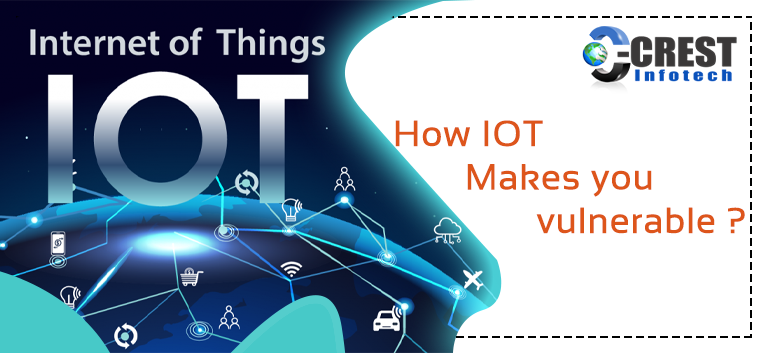Smart homes are the hot new trend when talking about IoT security, which fully changes the face of the house security situation. It’s a change in the lives of people. The web of things has made life a lot easier and hassle-free. The planet is now in an Internet of Things gold rush. Tech tycoons are releasing goods that hit our homes, workplaces, and automobiles. In making your life simpler, webcams, digital assistants, movement monitors, and much more play a major role. Here are eleven IoT security products that are important for your smart devices.
Our inter-connectivity world.
While internet-connected devices make life a cakewalk, many fail to realise that a two-edged sword is all connectivity. Most do not pay attention to the security tradeoffs in the IoT. Let’s look at how a second life is in your IoT and how to treat this and cut it out.
What is the Internet of Things (IoT)?
IoT refers to sensor-embedded physical objects, software, and other technologies that link and share data over the internet with other systems. These items vary from ordinary household objects to industrial instruments.
The value of IoT is now spreading through numerous industries, including:
Consumer applications: This includes smartphones, smartwatches, and smart homes for consumer goods. These can be used for anything from air conditioning to door locks to monitor everything.
Business sector: Businesses’ Internet of Things ranges from smart security cameras to car, ship and products trackers to sensors that record industrial machinery data.
Government sector: You can wonder where the IoT is used by the government, but the IoT makes the job of the government official trouble-free. Wildlife monitoring, traffic monito monito, are few places where the IoT plays a major role.
The number of IoT devices is increasing to over a billion, and that number is not going to end here. One of the major issues facing users is security with the rise of internet-connected devices. As the devices are connected to the internet, it is open to threats worldwide, increasing the scrutiny of inherent security concerns.
How your IoT makes you vulnerable?
Through the most harmless device linked to the network, some hackers can access your network. The gateway to your network could be your smart devices, such as smart TVs, smart locks, gaming consoles, smart thermostats, or whatever. It provides cybercriminals with an entry point.
This will make you more prone to cyber attacks and other issues. Malicious programmes like malware can be installed by the attackers, which makes the router inoperable and gathers all the data from devices connected to the router. As they have little to no built-in protection, smart home devices are more vulnerable.
Anecdote of an IoT attack
In 2016, a large number of computers were hacked by the Mirai botnet, all being scammed by teenagers. By combining the computing power of small computers, a botnet is used to perform large-scale cyber-attacks. Popular businesses like Etsy, GitHub, Netflix, and Spotify were taken down by the Mirai botnet. The Mirai primarily targeted and conducted a DDoS assault on older routers and IP cameras.
The Stuxnet worm, a sophisticated computer worm that tracks down unique equipment used in the nuclear industry, was another major assault in 2010. The attack started with these viruses in 2006, but in 2009 they conducted a mass play. The viruses attacked the control system and systems for data acquisition and corrupted the machinery’s instructions.
Vulnerabilities that puts you at the risk
While we will not avoid the assault from being carried out by hackers and cybercriminals, certain interventions are the best thing you can do. We should be protected and safe from the curbs of these hackers in order to build the necessary security measures. But first of all, to understand this, you need to understand the security vulnerabilities that incite your home or company to breaches and crimes.
- Passwords that are weak, guessable, or hardcoded
- In-network infrastructure vulnerability
- The unstable ecosystem of interfaces
- Lack of up-to-date mechanisms with the new apps on smartphones
- Usage of obsolete or insecure components
- Privacy is not appropriate.
- Overlook the transfer of data and its storage
- Default settings that give excessive permission to
- Inadequate physical interventions
You can also Hire Dedicated Developer and Hire Dedicated Designers. Contact Crest Infotech to know more about Dedicated Development and Designing services in Details.



